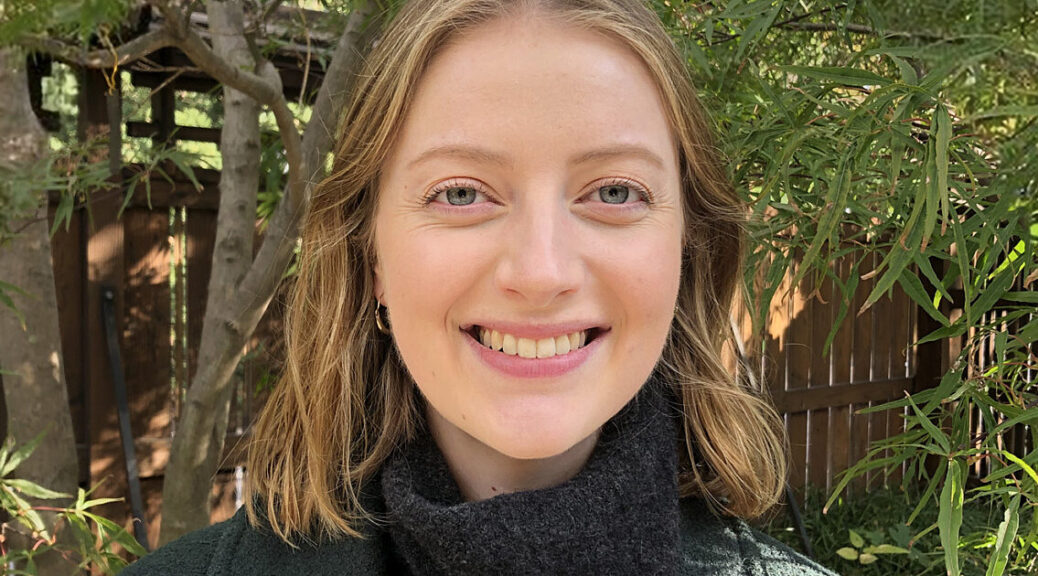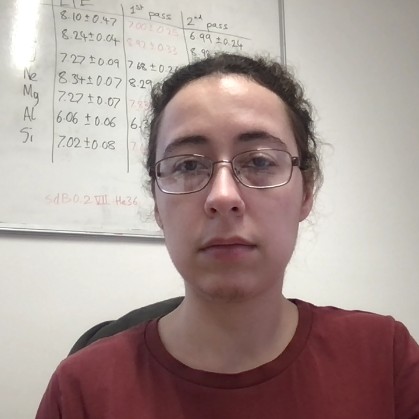This major event will celebrate the 50 years since the formation of the IAA (formerly the Belfast and Armagh Centres of the IAS). We have FOUR major speakers in the afternoon session, exclusive access to the Star-theatre with great shows all morning, tours of the observatory and Astropark and another little-known astronomy site. Lunch and snacks will be provided free on-site. There will also be an optional special anniversary dinner in the Armagh City Hotel.
WE ARE VERY GRATEFUL TO ARMAGH OBSERVATORY AND PLANETARIUM FOR HOSTING THIS EVENT.
NB: Non-IAA members and guests are welcome too: it will be a great day, not to be missed.
HIGHLIGHT SPEAKERS:
Professor Stefano Bagnulo, Armagh Observatory and Planetarium
“Auroral phenomena and metal scars at the surface of white dwarfs”
Abstract: When stars like our Sun reach the end of their lives, they shrink down to Earth-sized objects called white dwarfs. Remarkably, about one in four white dwarfs possesses an incredibly strong magnetic field — often much stronger than anything we can create on Earth. Many of these white dwarfs capture remnants of their planetary systems, such as comets, asteroids, or even small planets, which fall onto their surfaces. I will describe the recent discovery of a white dwarf where the debris of an asteroid similar to Vesta in size have been funneled by the star’s magnetic field, and concentrated around the magnetic poles, creating a phenomenon reminiscent or Earth’s auroras. I will explain what these observations tell us about exo-solar planets, and about the atmospheres of white dwarfs. I will also describe the telescopes that enabled this discovery, and provide insight, more in general, into the modern methods used for astronomical observations.
Biography: Stefano Bagnulo studied Physics at the University of Florence in Italy, and obtained his PhD at QUB, Belfast, in 1996. He has worked at the University of Vienna, and at the Paranal Observatory in Chile, where he was a member of the Science Operations Team of the ESO Very Large Telescope. He has joined Armagh Observatory in 2007.
Professor Alan Fitzsimmon, Astrophysics Research Centre, QUB “Exocomets”
Abstract: Every year roughly 60 more comets are discovered orbiting our Sun. But for decades, astronomers have been discovering comet-like objects in other Solar systems. Slowly but surely astronomers have been uncovering their secrets. This talk will briefly review how astronomers discover and understand comets formed in other Solar systems, some light-years away and some a bit closer, and how much we understand about them at present.
Professor Peter Gallagher, Head of School of Cosmic Physics, DIAS: “The Solar Orbiter Mission”
(Further details to follow)
Professor Tom Ray, School of Cosmic Physics, DIAS: “Building the Extremely Large Telescope: Challenges and Hopes for the Future”
(Further details to follow)
After the Dinner in the Armagh City Hotel, there will be a presentation by members on the recent Total Solar Eclipse in North America, and some of the best recent aurora photos.
COST:
Full event, including lunch and morning and afternoon light refreshments, plus evening dinner, including wine: £65 adults, £30 children
Day events only as above, but excluding dinner: Adults £20, children £10.
PAYMENT: Must be received NO LATER than Wednesday 15th May!
By cheque, payable to Irish Astronomical Association, to IAA Secretary, Mary Kirwan-Mackey, 89 Old Gransha Rd, Bangor, Co Down, BT19 7HA. or
Paypal: Go to www.irishastro.org and click the donate button





